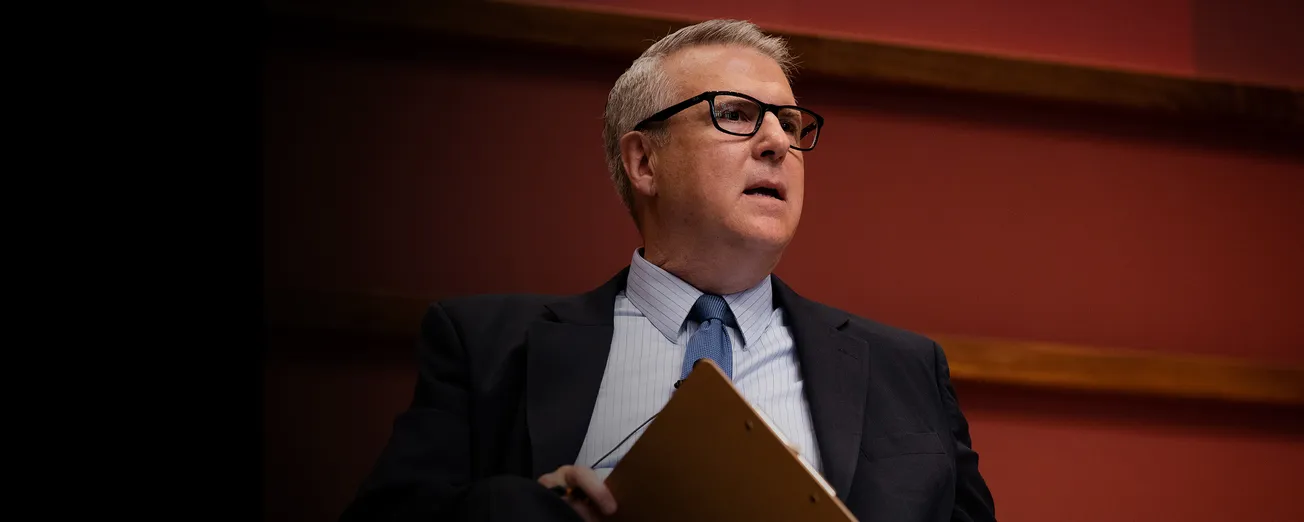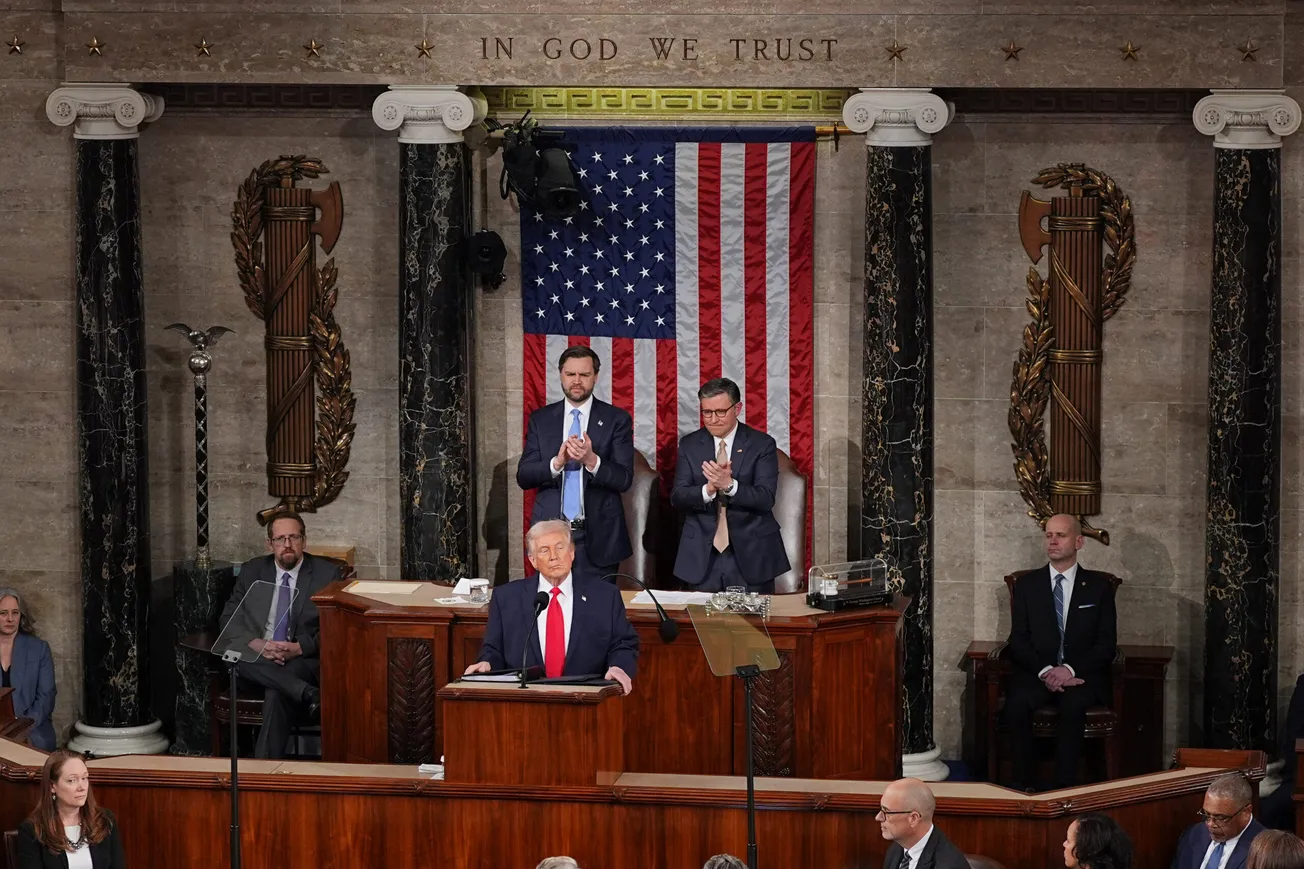Table of Contents
Stanford students are an ambitious, competitive lot. Generally, every Stanford student has a track record of excellence that got him or her into this school. Naturally, this means that egos sometimes collide. Competition is often inevitable when ambitious students vie for scarce leadership positions. However, in such situations, it is useful to remember that in the grand scheme of things, petty politics may unnecessarily spoil potentially important relationships.
The inspiration for this piece was a provocative issue of The Stanford Daily on April 6th. In particular, three of its articles, all related to the ASSU elections, seemed to commit the unfortunate error of focusing on petty politics while unnecessarily creating a lot of bad blood.
The first article was a front-page headline in titled “Senate chair Gao to be in D.C. for fall.” According to the article, Senator Gao is planning to balance her Senate duties with the Stanford-in-Washington (SIW) program for the fall quarter. While it seems to have been in poor taste for Gao to deliberately withhold this piece of information during her re-election campaign, it also seems unusual that the Daily would single out a student for potential embarrassment and unwanted publicity while several senators have served from Washington and abroad in the past.
The second and third articles—both concerning the ASSU elections—are related. One is an exceptionally negative piece on a new Stanford coalition, “Students for a Better Stanford” (SBS), while the other is an exceptionally positive piece on the incumbent “Students of Color Coalition” (SOCC). Within the first few paragraphs of the articles, the SBS candidates were slammed as having “a flashy Web site and a strong desire to get elected—but no uniting ideological vision,” while the SOCC candidates were praised for being “committed to protecting community centers, reducing Voluntary Student Organizations (VSO) costs, increasing ASSU transparency and safeguarding diversity.”
In short, The Daily’s coverage of these groups came across as unnecessarily divisive and served to alienate more than a dozen students on the basis of petty politics with no discernible long-term benefit. The ASSU elections are short and last less than a few weeks, but the bad blood created by the biased coverage could last much longer.
Moreover, the highly-politicized nature of the Daily’s coverage seems to miss an important point about student elections in general. When students vote in ASSU elections, they usually vote on the basis of friendship, not just issues. In a small community of only a few thousand voters, it is often personal connections rather than politics that determine who wins elections.
Many ASSU elections are largely decided long before campaigning begins. The most successful executives and senators started networking from their first days as freshmen—making friends, adding hundreds of “friends” to Facebook, and being generally cordial to everybody. With some time and effort, they eventually build personal connections with a few hundred individuals.
Their reputations for being easy-going and out-going often translate into more votes. Once these students become sophomores or juniors, they run for office and win easily, having built a base of several hundred voters on the basis of connections and a positive reputation.
When it comes to choosing senators, students generally spend their first few votes selecting their friends, after which the remaining votes might be chosen on the basis of endorsements, friends’ recommendations or other criteria.
Although political issues and endorsements matter, they have the disadvantage of being divisive and are often less effective than personal relationships. Students may vote for someone with whom they disagree politically, but they won’t vote for someone they personally dislike. Ultimately, the essence of Stanford politics—as well as the Stanford experience—lies primarily in the people we meet and the relationships we build during our time here. Hence, ASSU elections are largely a popularity contest.
In the long run, there probably aren’t many alumni who really care about who was ASSU president or senator, let alone the fate of lifeless, acronym-happy organizations like SBS or SOCC.




